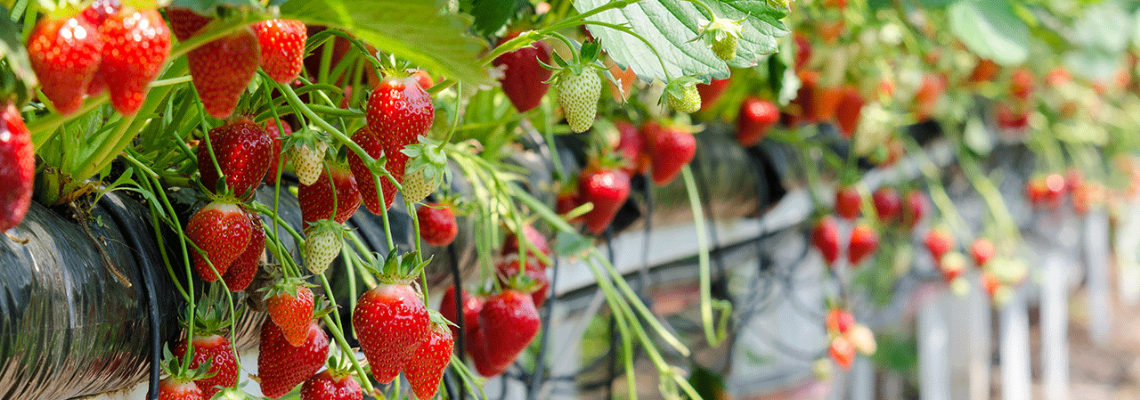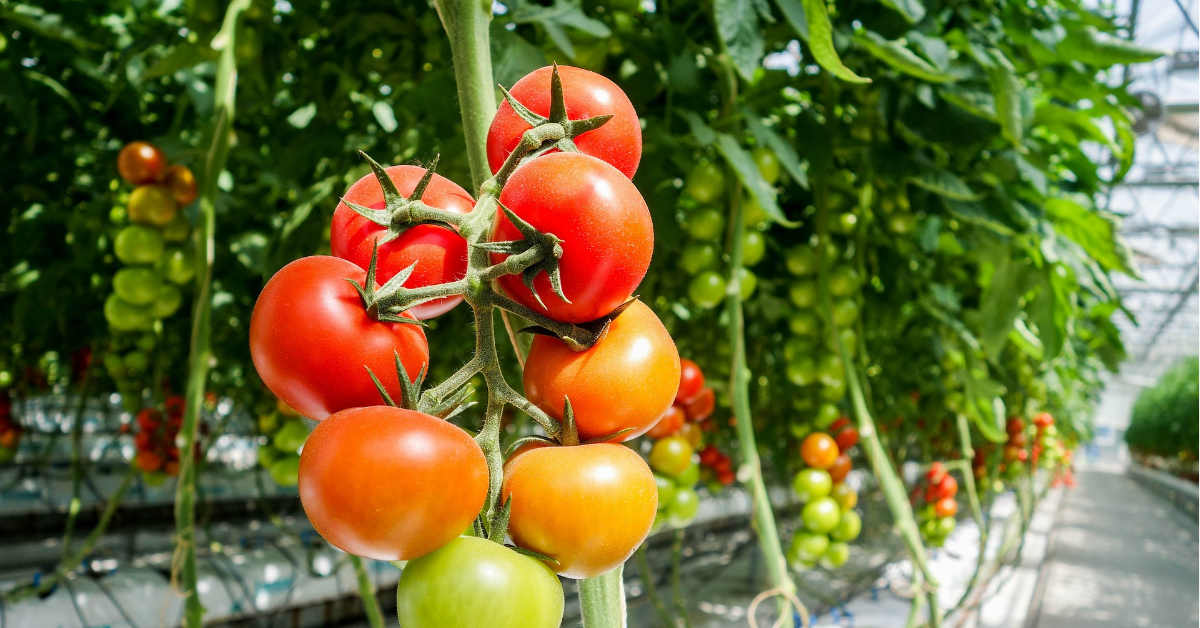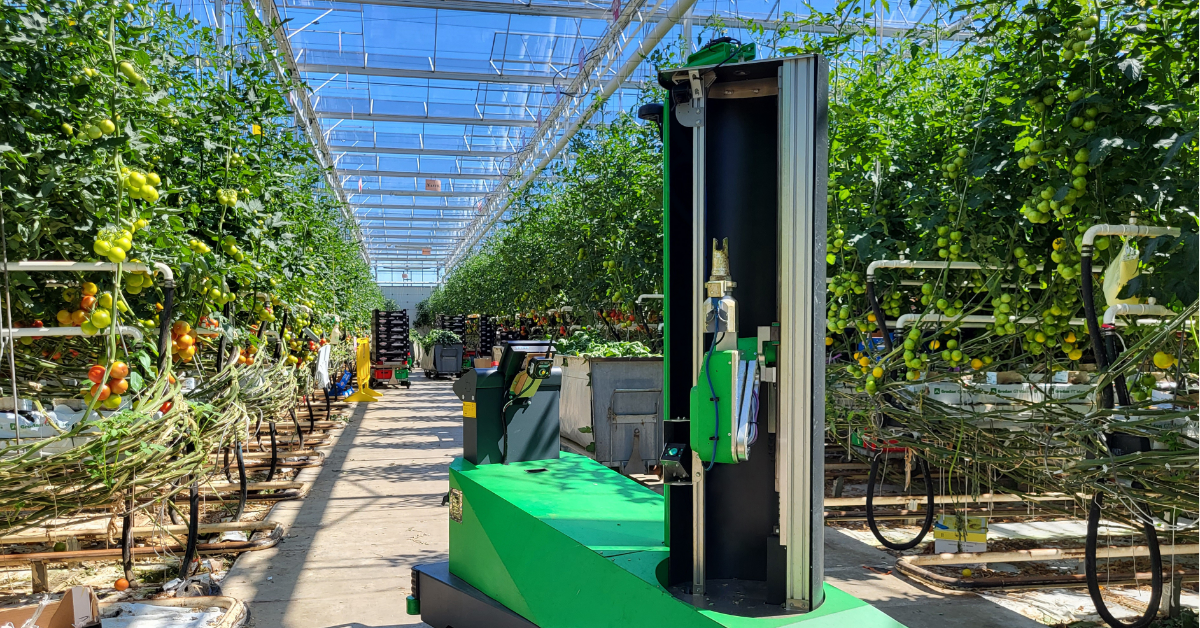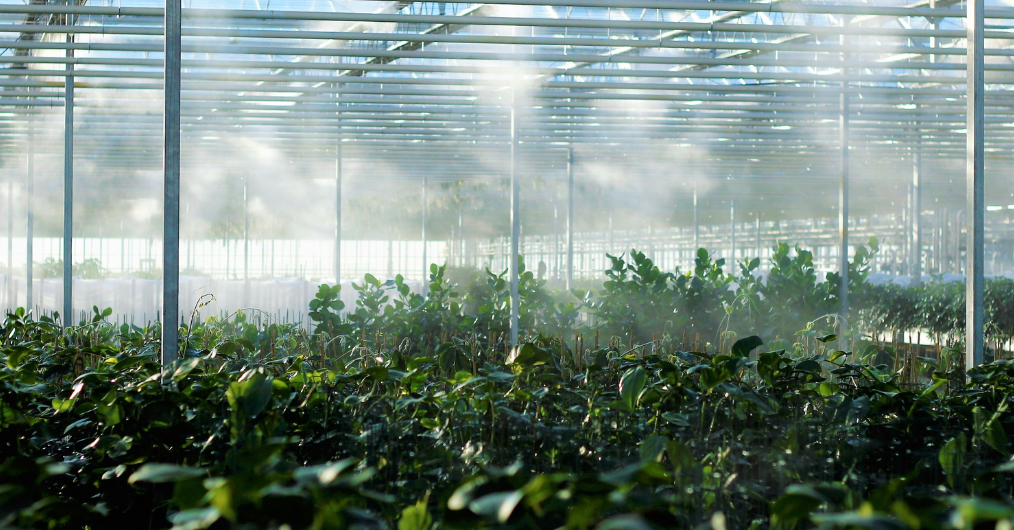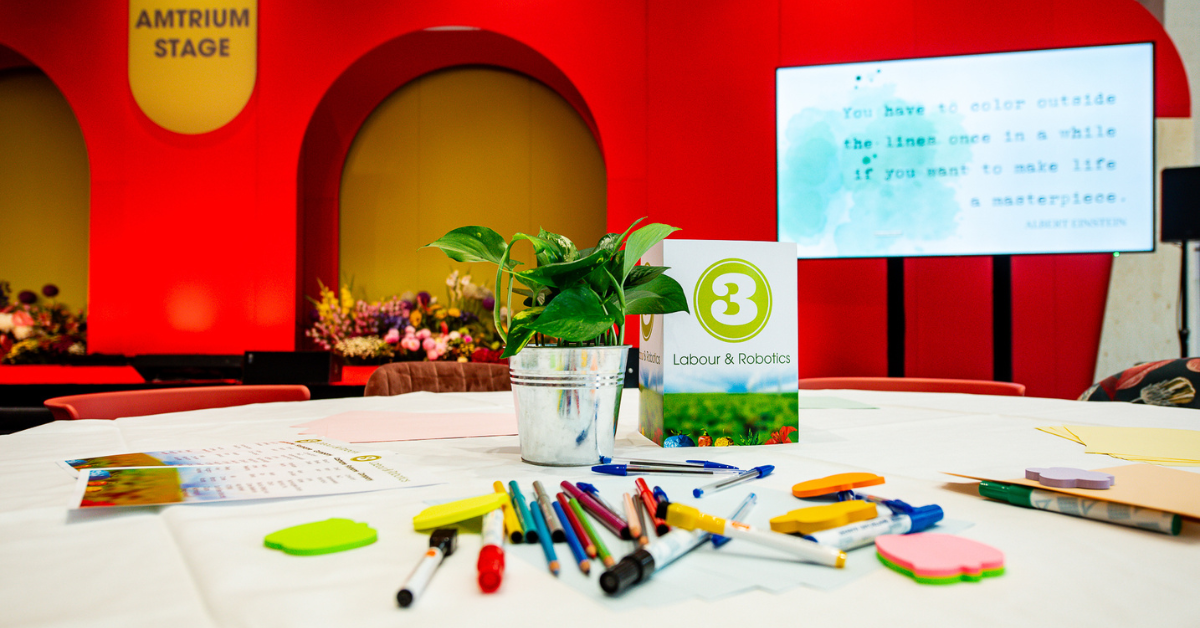Horticulture to help shape and brighten our future
Leading the revolution
“Happy Food, Healthy Flowers” was the theme of this year’s GreenTech Live & Online (September 28-30, 2021) event – attended by thousands of delegates from dozens of countries across the globe.
“Happy food” is arguably the fresh produce that contributes towards a healthy diet and is grown sustainably in closed-looped systems thanks to innovative glasshouse technologies.
Opening the event, Edith Schippers, president of DSM Netherlands and chair of Foodvalley, stated that the world is undergoing a revolution whose impact will be comparable to the industrial revolution that took place a century ago. As we utilise growing technologies such as artificial intelligence and data science to feed the world’s burgeoning population and reduce our carbon footprint, the dynamic horticulture industry will play a key role in this transformation.
“I think we can state that horticulture is inherently highly innovative, indispensable for food security and for feeding the world’s population in cities in a healthy way – in creating a reliable food system without further endangering the environment.”
Feeding the world
Panelists during the event’s many discussion sessions emphasised the need for The Netherlands and other world leaders in horticulture to cooperate with governments, entrepreneurs, research institutes, and educational establishments to develop cross-border, and cross-sector, solutions to feeding the world. But while global collaborations are necessary, food will increasingly be grown locally.
Schippers said: “New, sustainable horticulture ecosystems in, and nearby, cities are needed to solve the world’s food problems and to create liveable cities.”
Meiny Prins, Priva CEO and founder of The Sustainable Urban Delta, echoed these sentiments when she said: “It’s clear that more locally-grown sustainable food is the way to go – and all the technology is available. We know how to do it but it’s so difficult to scale it, to go to different climate zones, to get the people you need, the education you need, connecting to different energy and water sources. That’s the interesting challenge.”
Strategic adviser for the food sector Rajiv Singh noted that there is “huge scope for growth” within the horticulture sector – “and that’s why we need lots of capital and all kinds of sources for that capital, including family.” Singh also noted that it needs to attract capital from a wider net – not just companies in the food industry.
Donald Brenninkmeijer, a Director of Cofra Holding, explained that the industry is an attractive area for firms like Cofra. Consumers, against the backdrop of Covid, are starting to want more local products that can regularly arrive on time.
“That drives a shift towards more localised production and that leads us to thinking – where is this done? And with what technology and what means? And, all of a sudden, the horticulture sector started to become an area of increased focus for us.”
Lambert van Horen, senior specialist, fresh produce for RaboResearch Food & Agribusiness) reiterated: “Growers, investors, wholesalers, and supermarkets are looking for a smooth supply chain from the seed to the plate.”
Healthy flowers
The pandemic has also highlighted the importance of both mental and physical wellbeing. Marcel Zandvliet, chief marketing officer/chief sustainability officer for Dutch Flower Group, also noted that there are many healthy elements to growing flowers. “Wellbeing is very important, and plants and flowers play a very important role in this. We call it making life colourful.”
As Schippers concluded: “Together we can make a difference, we can shape the future more than ever before. How exciting is that?”
Share your horticulture technology stories with us
Do you have an innovation, research results or an other interesting topic you would like to share with the international horticulture technology industry? The GreenTech website and social media channels are a great platform to showcase your stories!
Please contact our Brand Marketing Manager Murkje Koopmans.
Are you an GreenTech exhibitor?
Make sure you add your latest press releases to your Company Profile in the Exhibitor Portal for free exposure.
Have exclusive horticulture technology news delivered to your inbox
The GreenTech monthly newsletter brings you the latest exclusive horticulture technology news and updates about our global horticulture technology trade shows and events.
Join over 32,000 of your peers and receive:
☑ Exclusive commentary from industry leaders
☑ The latest news from the GreenTech team
☑ Stay up to date with all the latest news about our events

